By Norman Otis Richmond
Mumia Abu-Jamal's latest work, We Want Freedom: A Life in The Black
Panther Party (South End Press, 2004), made me reflect on my political life.I came of age, politically, about the same time as Abu-Jamal. I participated in forming several organizations in the 1960s and '70s. One,the Detroit-based League of Revolutionary Black Workers, while not as well known as the Black Panther Party (BPP), was just as important. One of Abu-Jamal's quotes made me pause and take a deep breath because it hit the
nail on the head.
He writes: "To the average Panther, even though he worked daily in the ghetto communities of North America, his thoughts were usually on
something larger than himself. It meant being part of a worldwide movement against U.S. imperialism, White supremacy, colonialism and corrupting capitalism. We felt as if we were part of the peasant armies of Vietnam,the fedayeen in Palestine, the students strumming in the streets of Paris,and the disposed of Latin America."
I can remember being laughed at by some small-minded people because they felt I identified too much with Africa. My mother used to call me whenever Ho Chi Minh of Vietnam or Mao Zedong of China came on the news by saying,"Norman, your president is on television."
El-Hajj Malik El-Shabazz's (Malcolm X) "Message to the Grassroots"
speech had a profound impact on my worldview. This speech was released on an album shortly after his death in the mid-1960s. When Malcolm talked about Afghanistan, Algeria, Burma, the Congo, Cuba, Pakistan, India, Indonesia, Kenya and Korea, I wanted to know everything about those far away places. During this same speech he went on to discuss the French and Russian Revolutions. I began to wonder: "Why don't they teach us about these places and events in school?"
The conditions of African people in the North and the South of the United States made me, and many of my peers, rage. We also discovered that millions of other Africans all over the world were in the same boat. While Abu-Jamal joined the BPP, I became a member of the League. The BPP and the League had many things in common, as well as some significant differences. The League's leadership, like the BPP, embraced Marxism-Leninism,Internationalism and Pan-Africanism; while most of the rank and file embraced revolutionary nationalism. However, the leadership of both groups and the rank and file shared a mutual hatred of U.S. Imperialism. The League addressed the question of cultural nationalism. The BPP and the
League were like political Siamese twins on this question. Both maintained that Blackness was necessary but not sufficient. While both organizations were fiercely internationalist, they differed on which class would lead the Black revolution. Both groups had films about their activities and both came up short on their treatment of women.
Both opposed the Vietnam War. In 1971, when Huey P. Newton, co-founder of the BPP was released from prison in California, his first act was to offer troops to fight in Vietnam on the side of the Vietnamese people. On August 29, 1970 Newton wrote “In the spirit of international revolutionary solidarity the Black Panther Party hereby offers to the National Liberation Front and Provisional Revolutionary Government of South Vietnam an undetermined number of troops to assist you in you fight against American imperialism. It is appropriate for the Black Panther Party to take this action at this time in recognize of the fact that your struggle is also our struggle, for we recognize that our common enemy is the American imperialist who is the leader of international bourgeois
domination.”
When General Baker, a central leader of the League, was drafted in 1964 he refused to heed Uncle Sam's call and created a lot of drama for the ruling elite. First, he wrote a letter to the draft board denouncing the war. Then, the organization he had belonged to before joining the League decided to protest his induction. They put out leaflets and press announcements stating that 50,000 Blacks would show up at the Wayne County Induction Center when Baker had to report. Only eight demonstrators were there, but the threat of mass action had convinced the U.S. army to find Baker "unsuitable" for service. Baker's position became the League's.
While the BPP held the lumpen proletariat up as the leaders of the Black revolution, the League maintained the Black working class was the natural leaders or vanguard of that struggle. The lumpen proletariat (directly translated: rag-proletariat) - a term used by Marxists - included prostitutes, beggars and homeless people.
Both groups were the subjects of films. Mario and Melvin Van Peebles'
film, Panther, was a fairer treatment of the group than most expected. The League's film, Finally Got The News, was a major breakthrough. While others created most of the films about the BPP, the League had complete control of Finally Got The News. John Watson, a central leader of the group, was largely responsible for this film.
How did women fare in the BPP and the League? On this question the BPP came out better than the League. The BPP at least had women on their central committee. The League had none. Marian Kramer, the co-Chair of the National Welfare Rights Union was also a member of the League. Kramer was crystal clear on the question of women in the League's leadership. Says Kramer: "We endured a lot of name-calling and had to fight male supremacy. Some would call us the IWW-"Ignorant Women of the World". I was thought of as one of the irouchiest women. We thought that women should have been on the executive board of the League of Revolutionary Black Workers."
Contrast this statement to the late Safiya Burkhari's views on how women fared in the BPP. While Burkhari was highly critical of the male chauvinism that was rampant in the BPP, she does not completely dismiss the organization. Said Burkhari: "The simple fact that the Black Panther Party had the courage to address the question in the first place was a monumental step forward. In a time when the other nationalist organizations were defining the role of women as barefoot and pregnant and in the kitchen, women in the Black Panther Party were working right alongside men, being assigned sections to organize just like the men, and receiving the same training as the men."
Abu-Jamal's We Want Freedom is a must read for all Black youth and the oppressed.
Toronto-based journalist and radio producer Norman (Otis) Richmond can be heard on Diasporic Music, Thursdays, 8 p.m. to 10 p. m., Saturday Morning Live, Saturdays, 10 a.m. to 1 p.m. and From A Different Perspective,Sundays, 6 p.m. to 6:30 p.m. on CKLN-FM 88.1 and on the internet at www.ckln.fm. He can be reached by phone at 416-595-5068 Ext 2372 or by e-mail at norman@ckln.fm
Saturday, December 2, 2006
Subscribe to:
Post Comments (Atom)

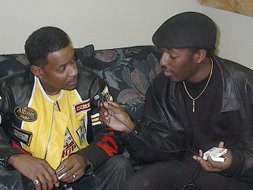

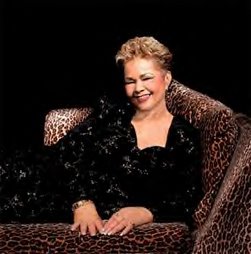
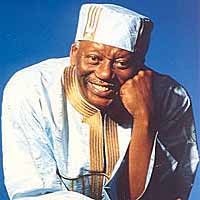

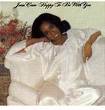
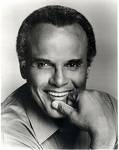
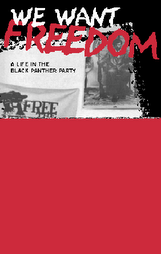
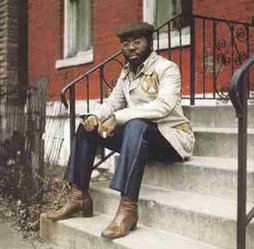
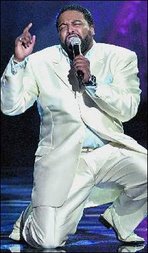
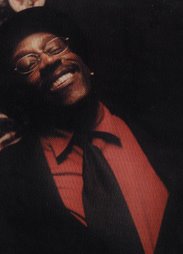
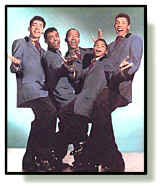
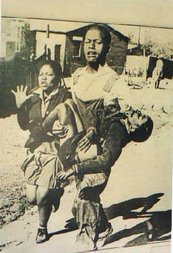
No comments:
Post a Comment